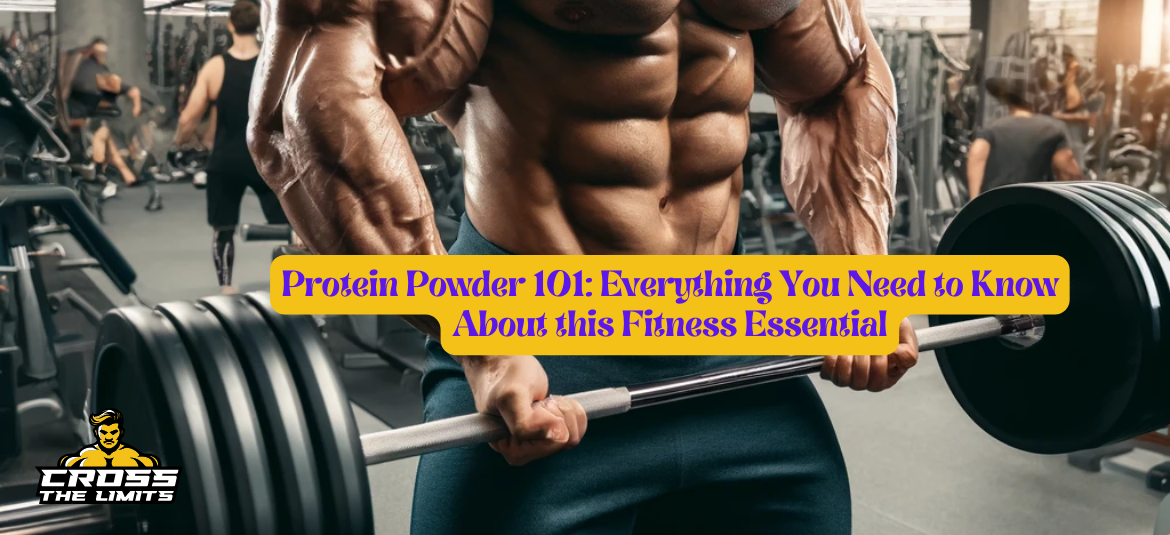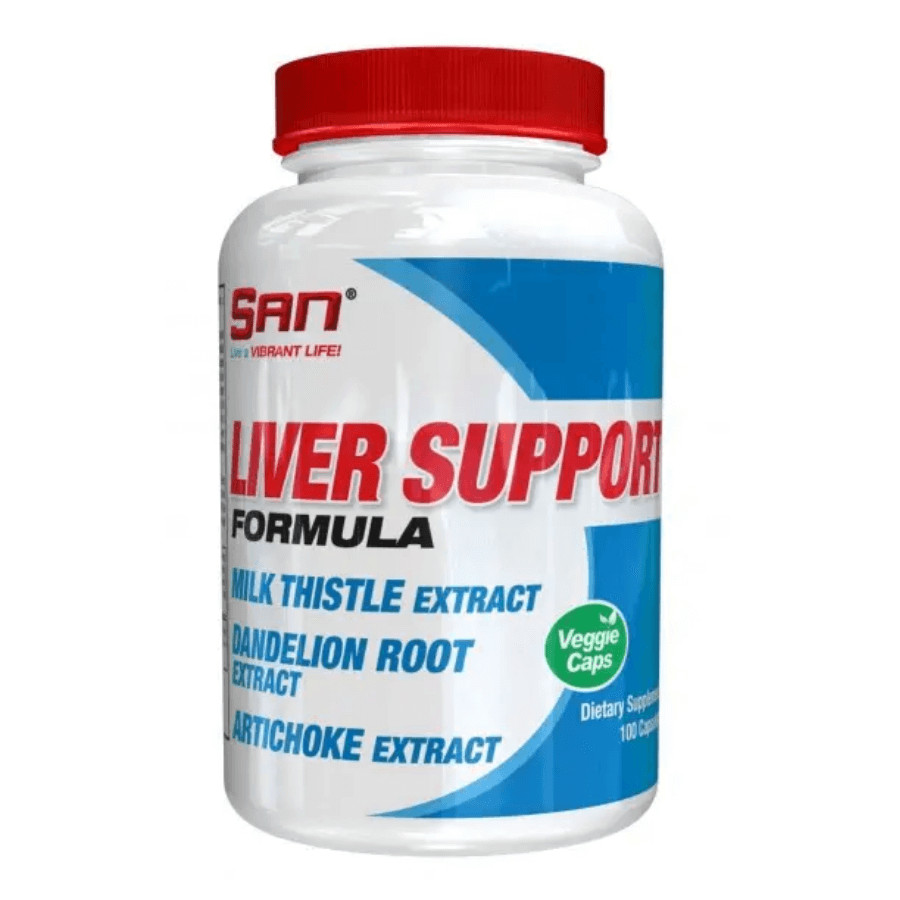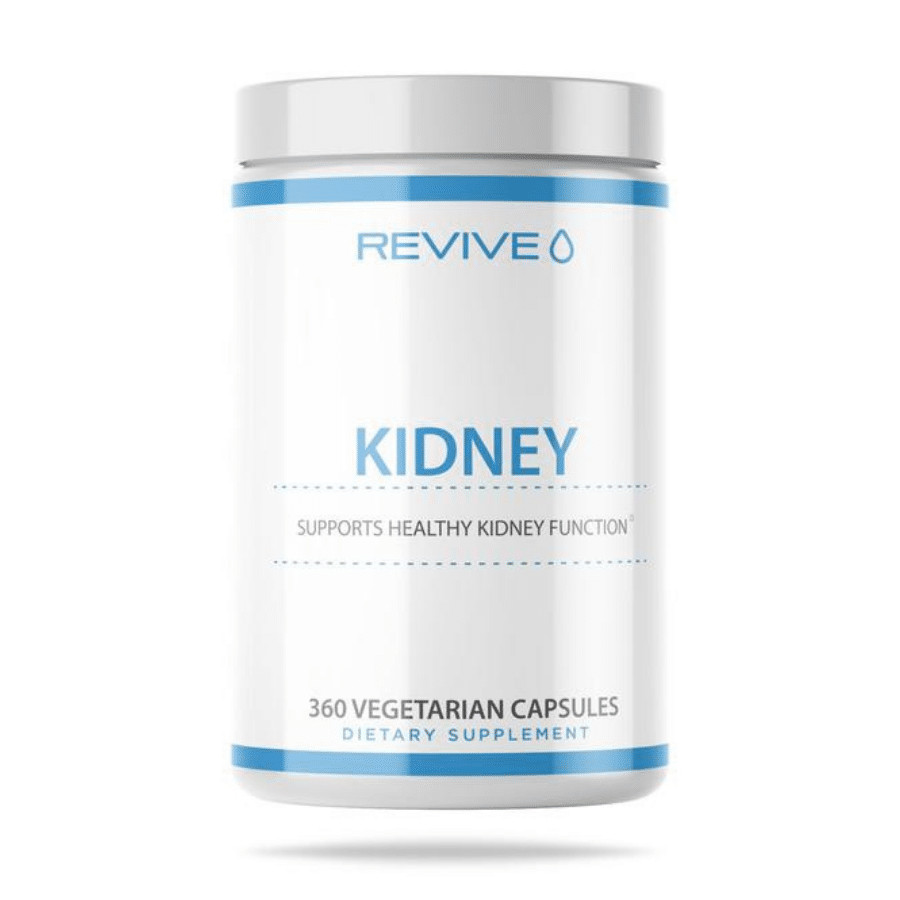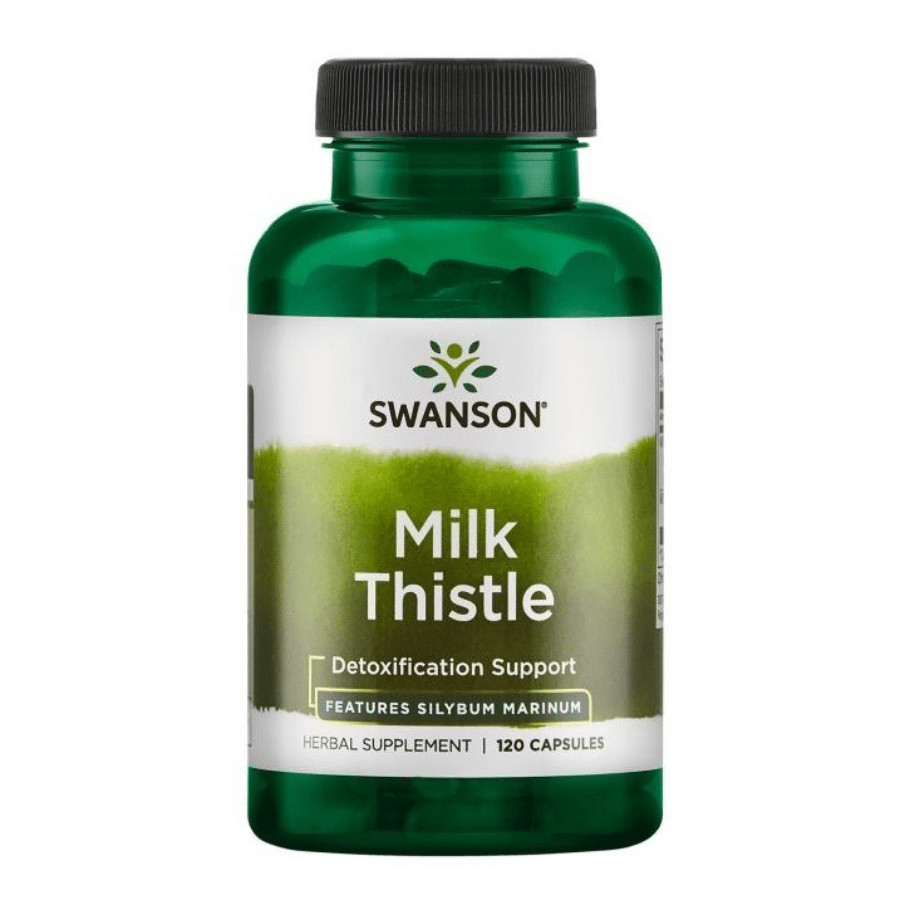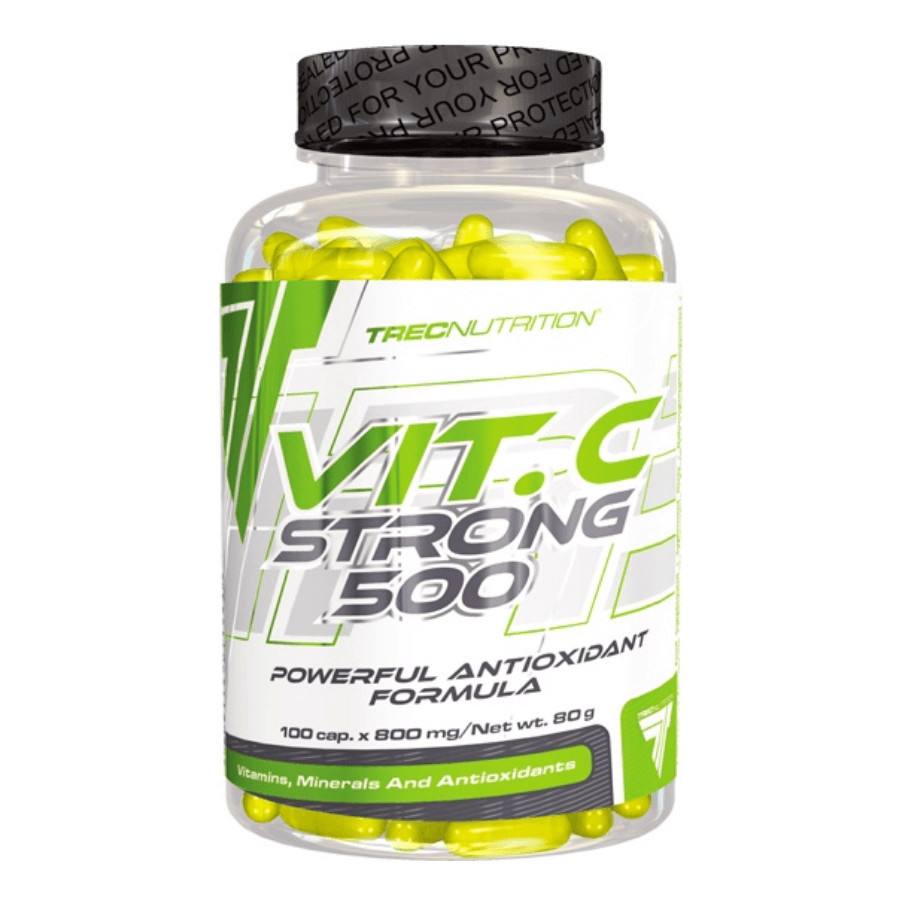Hemp protein is made from hemp seeds and is rich in omega-3 fatty acids and fibre, making it a good option for those looking to increase their intake of these nutrients. Rice protein is another plant-based option that is easily digestible and hypoallergenic, making it suitable for those with food sensitivities. Each type of protein powder has its unique nutritional profile and benefits, so it’s essential to consider your needs and preferences when choosing the right one.
Benefits of Protein Powder
Protein powder offers many benefits for those looking to increase their protein intake and support their overall health and fitness goals. One of the main benefits of protein powder is its ability to support muscle growth and repair. Protein is essential for building and repairing muscle tissue, making it an essential nutrient for athletes, bodybuilders, and anyone looking to increase their muscle mass. Protein powder can also help to support weight management by increasing feelings of fullness and reducing overall calorie intake. This can significantly benefit those looking to lose or maintain a healthy weight.
In addition to supporting muscle growth and weight management, protein powder can also help to support overall health and well-being. Protein is essential for the body’s growth and repair processes, making it an essential nutrient for overall health. Protein powder can also help to support immune function, hormone production, and enzyme activity, making it an essential nutrient for overall health and well-being. Overall, protein powder offers a wide range of benefits for those looking to increase their protein intake and support their overall health and fitness goals.
How to Use Protein Powder
Protein powder can be used in various ways to increase protein intake and support overall health and fitness goals. One of the most common ways to use protein powder is to mix it with water, milk, or other liquids to create a protein shake. This can be a convenient and easy way to increase protein intake, especially for those with busy lifestyles who may need more time to prepare protein-rich meals. Protein powder can also be added to smoothies, oatmeal, yoghurt, or baked goods to increase protein content.
Protein powder can also be used as a meal replacement for those looking to manage their weight or as a quick and easy post-workout recovery option. It can be a convenient and portable option for those on the go who may need more time to prepare a full meal. There are many ways to use protein powder to increase protein intake and support overall health and fitness goals.
Choosing the Right Protein Powder for You
When choosing the suitable protein powder for you, it’s essential to consider your individual needs and preferences. Consider your dietary restrictions, such as lactose intolerance or food allergies. If you are vegetarian or vegan, choose a plant-based protein powder such as soy, pea, hemp, or rice protein. Consider your fitness goals when choosing a protein powder. If you want to build muscle mass, whey protein may be a good option due to its quick absorption by the body.
Consider the taste and texture of the protein powder when choosing the right one for you. Some people may prefer the taste of certain types of protein powder over others, so it’s essential to consider your personal preferences when making your selection. Overall, there are many factors to consider when choosing the suitable protein powder for you, so take the time to research and consider your individual needs and preferences before making your decision.
Common Misconceptions about Protein Powder
Several common misconceptions about protein powder may prevent some people from using it as a dietary supplement. One common misconception is that protein powder is only for bodybuilders or athletes. While it is true that these groups commonly use protein powder to support muscle growth and recovery, it can also be beneficial for anyone looking to increase their protein intake and support their overall health and fitness goals.
Another common misconception about protein powder is that it will make you bulky or cause weight gain. In reality, protein powder can support weight management by increasing feelings of fullness and reducing overall calorie intake. It can also help support muscle growth and repair, which can benefit those looking to increase their muscle mass.
Potential Risks and Side Effects of Protein Powder
While protein powder offers many benefits, there are also potential risks and side effects that should be considered before using it as a dietary supplement. When consuming protein powder, some people may experience digestive issues such as bloating, gas, or stomach cramps. This can be due to an intolerance or sensitivity to specific proteins or other ingredients in the powder.
In addition, some protein powders may contain added sugars, artificial sweeteners, or other additives that may not benefit overall health. It’s essential to read the ingredient list carefully and choose a high-quality protein powder free from unnecessary additives. Finally, consuming too much protein from supplements can strain the kidneys over time. It’s important to use protein powder as part of a balanced diet and not rely on it as the sole source of protein.
In conclusion, protein powder is a versatile and convenient way to increase protein intake and support overall health and fitness goals. Many different types of protein powder are available on the market, each with its unique properties and benefits. When choosing the suitable protein powder for you, it’s essential to consider your individual needs and preferences. While there are many benefits of using protein powder, there are also potential risks and side effects that should be considered before using it as a dietary supplement. Protein powder can be a valuable addition to a balanced diet when used appropriately and in moderation.
